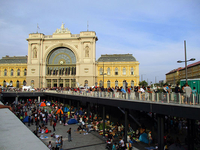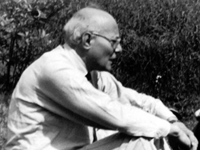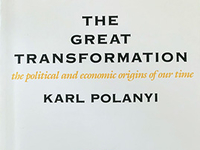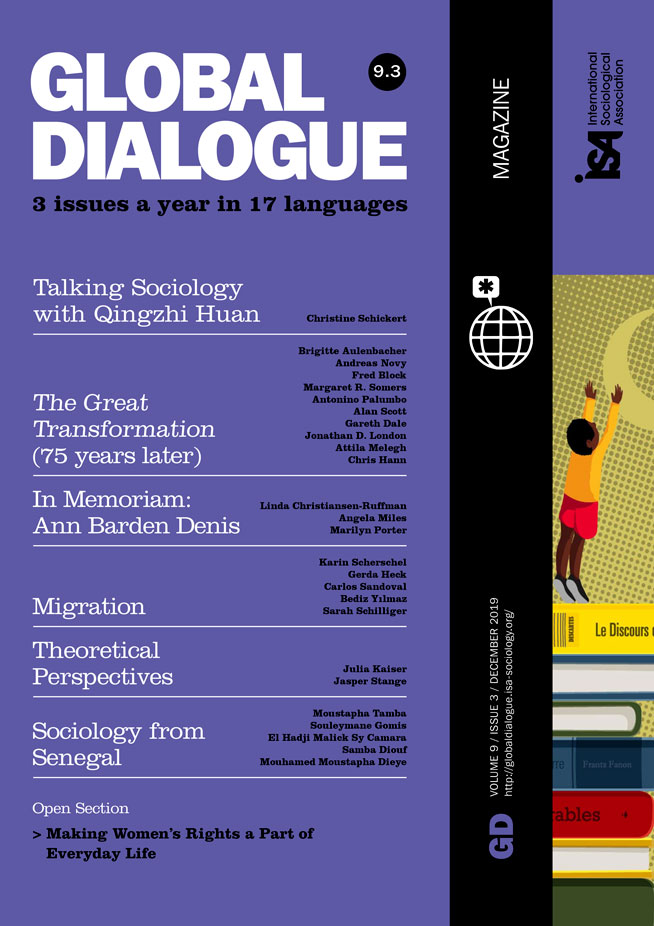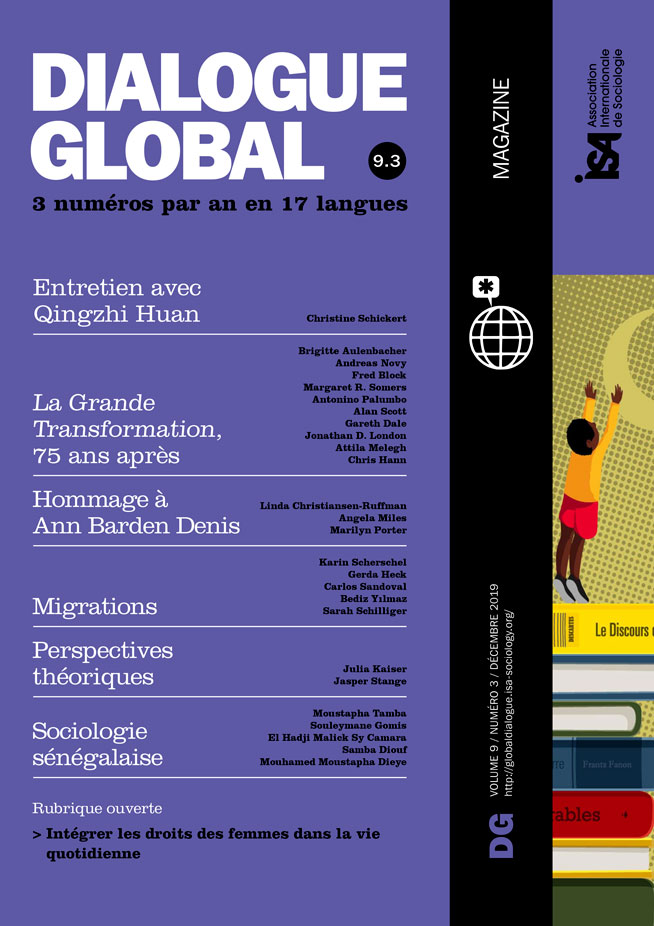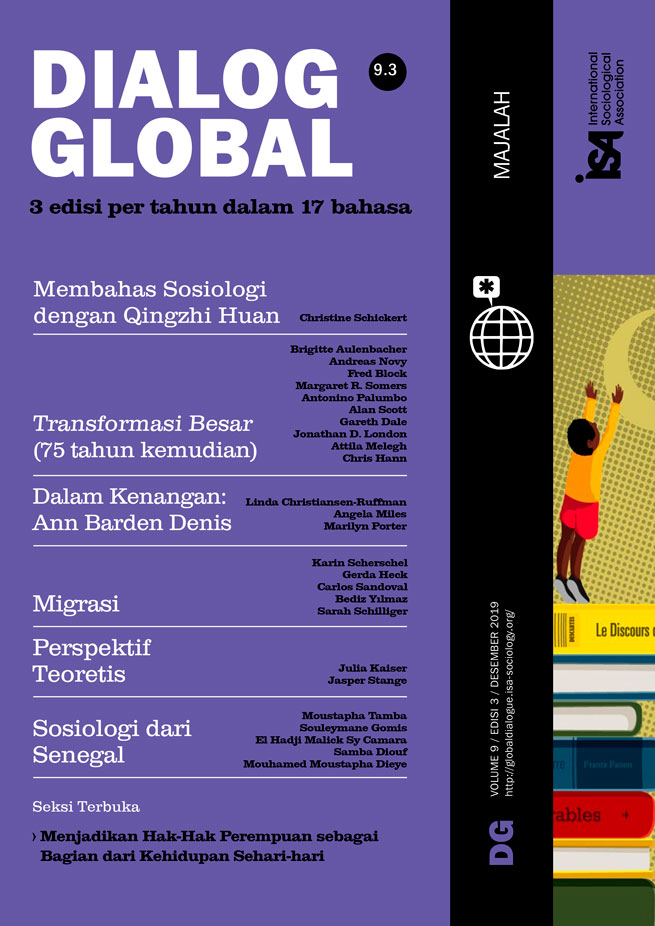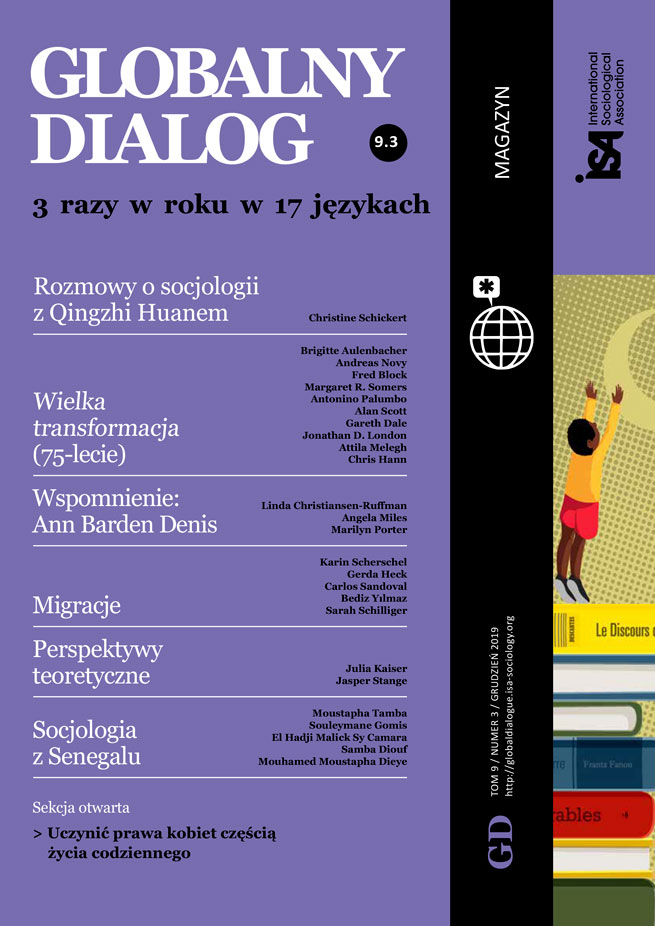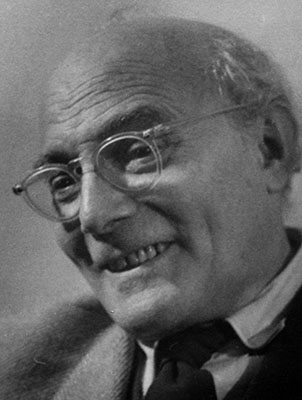After his death in 1964, Karl Polanyi was mainly known in anthropology, being a fierce defender of a more contextualized understanding of the economics as the “organizing of livelihood.” His rediscovery as a social scientist in a broad range of disciplines took place from the 1970s onwards. In economics, it was through the work of Douglass North, who received the Nobel Prize for stressing the importance of institutions in economic development. Differently from Polanyi, he focused on markets, property, and contracts. In sociology, Mark Granovetter popularized the concept of embeddedness dear to Polanyi, but used it to investigate the functioning of concrete markets in market societies, whereas Polanyi problematized the viability of market societies in general. For Polanyi, lack of societal cohesion in market societies results from the functional independence and – worse – supremacy of economic motifs and interests over societal concerns and political interests.
Polanyi’s implicit spatial analysis
Karl Polanyi was a strong supporter of the cooperative movement and admirer of Robert Owen, an early proponent of the movement. Anti-globalization movements, social economy, and solidarity economy, all these contemporary grassroots movements have aimed at empowering citizens, peasants, and workers to shape their personal lives and societies. They have experimented with self-management and forms of participatory governance and have often been motivated by a firm belief in the capacity of people and communities to take hold of their lives, to “re-embed the economy in society,” in more cooperative values, and less materialistic needs and desires. Therefore, they have promoted socio-economic democratization with the linked objectives of putting the economy in its place as well as extending democracy beyond the political sphere. Financing, producing, and caring activities are considered as too important to be isolated from collective decision-making, public accountability, and co-management. Many of these civil society movements, most recently the transition and commons movement, have promoted social innovations from the bottom up. But often they have been victims of the localist trap, unable to instigate institutional and structural change beyond their project or neighborhood.
This leads to a crucial, though neglected aspect of Karl Polanyi’s oeuvre: his implicit spatial analysis. Polanyi’s often-cited critique of the self-regulating market is not a rejection of all types of markets. It is a critique of the emergence of “One Big Market,” one interconnected market in which everything can be traded – even objects that have not been produced for sale. The key institution that sustained “One Big Market” up to the 1930s was the gold standard. It made all socio-economic activities on the globe comparable, and thereby, tradeable. This utopia of economic liberalism is dystopian from a Polanyian perspective. Even before the term “globalization” was invented at the end of the twentieth century, Polanyi was a fierce critic of “universal capitalism” as well as the uncontrolled spread of technology in the “machine age.”
Neoliberalism and the need for multi-scalar alternatives
But it was only after the burst of the dotcom bubble in 2000 and the 2008-9 financial crisis that his critique of the disastrous social and ecological consequences of a deliberately planned “free market economy” was taken up for critical reflections on how contemporary societies respond to the commodification of life. Four decades of planned neoliberalism and the economization of all aspects of life have led to an increasing body of inter- and trans-disciplinary research. In sociology, Michael Burawoy has applied Polanyi’s conceptualizations to grasp the current commodification of nature, knowledge, and data. Neoliberalism’s impact on everyday life, from gender division of labor to marketization of education and health, has been deepened by the increasing dominance of financial markets.
The worldwide resistance against neoliberalism, academic as well as political, transformed Polanyi into a key inspiration for those interested in understanding and changing a world dominated by market logic. Many renowned scholars criticize neoliberal globalization, termed hyperglobalization by Dani Rodrik and “great financialization” by Kari Polanyi Levitt. As Wolfgang Streeck insists, the contemporary global economic order threatens democracy, welfare regimes, and national sovereignty. Alternatives would consist in more modest forms of economic integration, increased national policy space, and a reinvention of democracy.
These concerns have recently been taken up by the United Nations Conference on Trade and Development (UNCTAD) in its plea for a New Global Deal that overcomes austerity, re-embeds financial markets, and limits economic power, especially the power of finance capital and digital platforms. This might be the most important contribution by heterodox economists to economic sociology that, since Granovetter’s seminal work, has tended to neglect macro-economic dynamics. On the other hand, a sociological perspective can enrich Polanyi’s definition of the economy as the “organizing of livelihood” by research on agency, power, context, and system integration. This would lead to a more place-based understanding of the economy as embedded, composed of specific institutions that produce not a uniform, but a variegated capitalism.
In my understanding, the alternative to hyperglobalization resides in strengthening democracy in a more contextualized and scale-sensitive economic order. Polanyi stressed the importance of supra-national regional planning; geographers remind us that the livelihood is in important aspects structured by neighborhoods, cities, and regions. And political economy insists that democratic accountability as well as social security is still organized mainly at the national scale. Democratic, sustainable, and solidary governance needs a multi-level perspective.
Finally, and at the most basic level, Polanyi’s legacy resides in his inspiration for a civilizational alternative to current market society with market, property, and competition as its key institutions. For Polanyi, the dialectics of improvement and habitation of economic progress and sociocultural security, accompany capitalist market societies. In the long run, civilizations that solely focus on economic improvement will collapse, as liberal civilization collapsed in the 1930s. Looming ecological catastrophes caused by exceeding planetary boundaries give these reflections a new urgency. Biophysical boundaries translate into societal boundaries, separating resource-rich owners from have-nots, the Global North from the Global South. As exclusion and inequality rise, authoritarianism as well as reactionary cultural politics might spread. But fighting exclusion and inequality might also strengthen counter-movements aimed at restoring a sense of belonging, security, and habitation and at conserving a viable climate. Following Polanyi, individual freedom and responsibility allows a range of possible futures, impeding any deterministic predictions.
Andreas Novy, Vienna University of Economics and Business (WU), Austria <Andreas.Novy@wu.ac.at>
